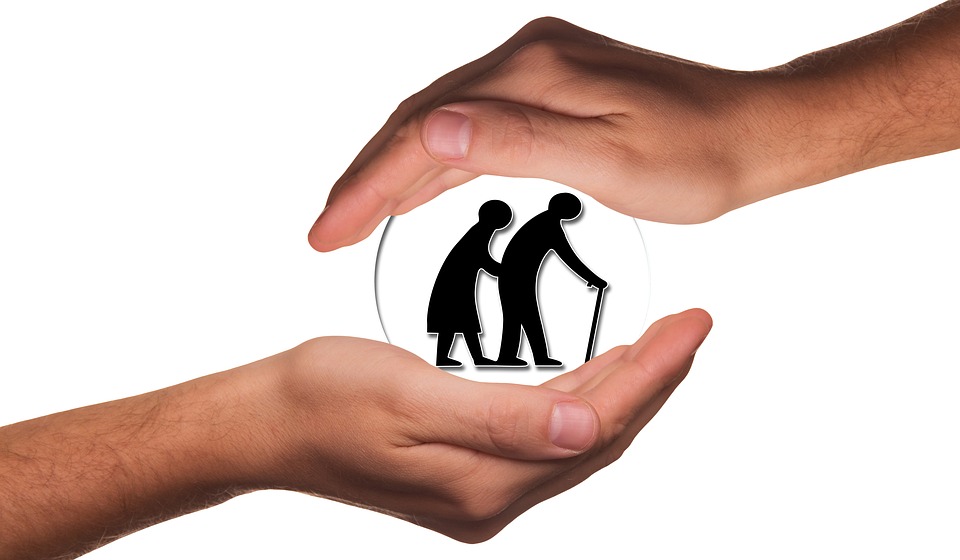Home healthcare allows you to receive support services in the comfort of your home. This type of care is ideal for an aging person who requires assistance to live independently, a person with special needs/disability, recovering from a medical condition, or managing certain health conditions.
The UAE is changing the way health services are delivered. Advancement in technology allows home healthcare providers to give quality services. For the last few years, home healthcare services have improved because of technology. Most patients are released from hospitals and sometimes they require continued medical support at home. Medical devices and technologies can transform how home healthcare is delivered.
Benefits of Technology in Home Healthcare
Technological advancements in home healthcare are beneficial to both the caregivers and the patients. Patients can now access telehealth. Patients in different locations can receive nursing care through telecommunication systems like mobile health apps and remote patient monitoring.
Incorporating technology in home healthcare reduces human error. Caregivers who work long hours can easily make errors. However, technology makes the medical routine simpler eliminating delays in treatment or duplication of tests.
Telehealth helps caregivers to reach areas with health professional shortages. This includes remote locations in rural areas with few medical professionals. Technology addresses this issue by providing remote healthcare to patients.
Technologies Changing Home Healthcare
Although technological advancements won’t provide all the solutions to home healthcare, they can change the way caregivers work in many ways. Here are 8 technologies changing home healthcare.
- Mobile-Assisted Healthcare Devices
Most patients who require home healthcare suffer from chronic health conditions or are physically challenged and require extra help. Mobile-assisted healthcare devices are used to remotely monitor a patient’s vital signs.
This monitoring happens in-real-life and sends updates depending on the intensity of the condition. When vital signs are transmitted immediately, this improves the quality of treatment because caregivers can change if necessary. It also reduces emergency hospital visits.
- Electronic Health Records
Many home healthcare providers turn away patients because of the lack of enough staff. However, the best clinics in Dubai apply artificial intelligence to record, report and computerize observations. Electronic health records contain fewer errors. Also, communication between physicians and caregivers is enhanced; this allows them to review the patient’s medical condition faster.
- Biofeedback Systems
Most patients who require home healthcare services are much older and suffer from common health issues like arthritis, heart disease, and diabetes. The biofeedback system is beneficial because it helps patients to control functions like heart rate, blood pressure, and temperature. This helps to prevent conditions like migraines, blood pressure, and chronic pain. This improves home healthcare delivery.
- Digital Therapy Machines
Most patients with disabilities require assistance. This innovative product performs various services like massage, acupuncture, cupping, skin scraping, etc. This machine utilizes small shots of current to relieve headache, pain, cancer pain, lessening pain caused by osteoarthritis and rheumatoid arthritis as well as post-operative pain.
- Telehealth
Telehealth is convenient because it allows patients to virtually talk with a doctor. You can receive a diagnosis from your clinic in Dubai from your home. You only need to describe or show the physician your symptoms. The doctor gives you advice, prescribes medicine, or requires you to go for further tests.
- Alarm Integration Technology
Smart sensors can be integrated into elderly patients’ appliances to monitor their movements and inform caregivers of any dangers. These devices are useful because they can record all the activities even when an Alzheimer’s patient has forgotten to take her pills. These devices also detect falls and inactivity and raises alarm for assistance. They also remind patients to take their prescriptions and stick to their treatment procedures.
- Apps
Apps are very useful because caregivers can monitor their patients’ vital signs even when they are not around. They can be used for specific medical conditions like diabetes and seizures or general health and wellness. Apps can also help patients know when over-the-counter medications can help and when to see a physician.
Patients with mental health issues can also benefit from medical apps. For instance, mindfulness apps help patients to learn more about mental health and what steps to take if different circumstances.
- Robotics
Robots can be very useful in home healthcare. They can help a patient recover from stroke and re-learn how to perform daily tasks. The caregiver can do this; however, the robot is cheaper and can perform this service around the clock. This technology can be helpful especially where there’s a shortage of caregivers and arise in patients who require home health services like therapy.
Home healthcare has helped many individuals receive treatment at home. Technology has improved many aspects of our lives and home healthcare is one of them. Both patients and home caregivers benefit from technology. It reduces errors, workload, and hospital visits for diagnosis. Technologies like telemedicine and apps have been around for a while and their benefits are evident.
